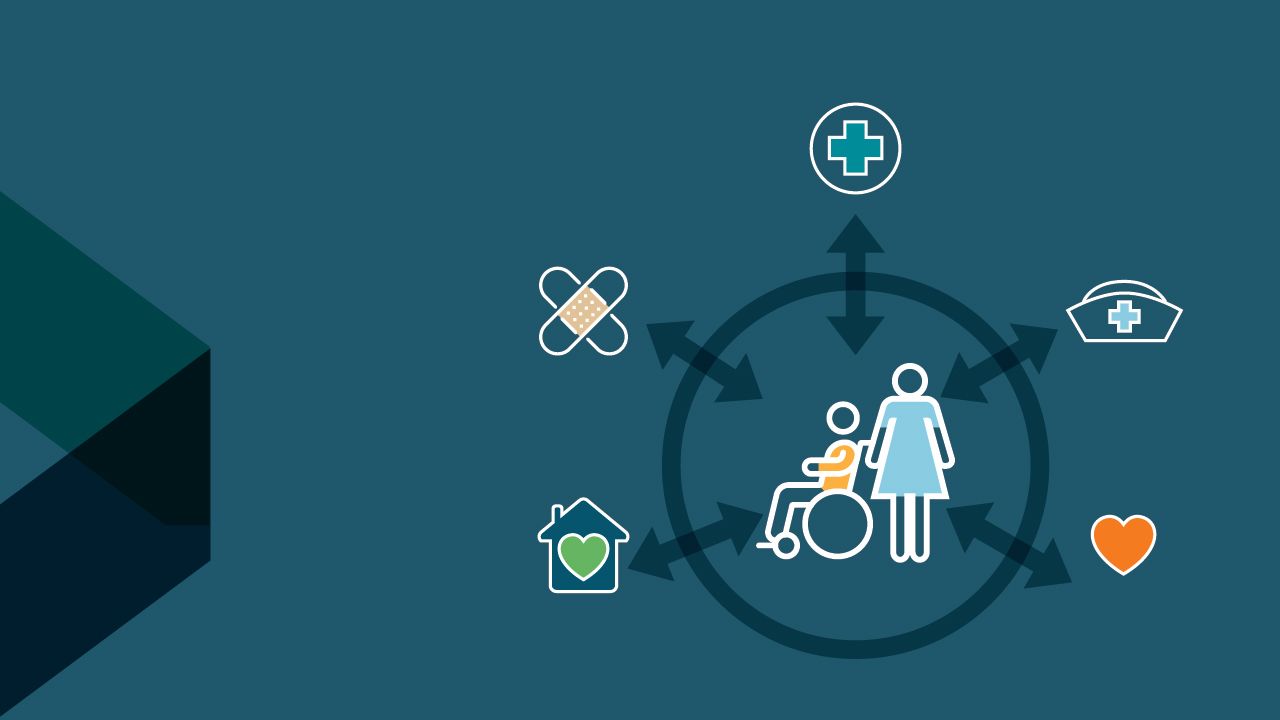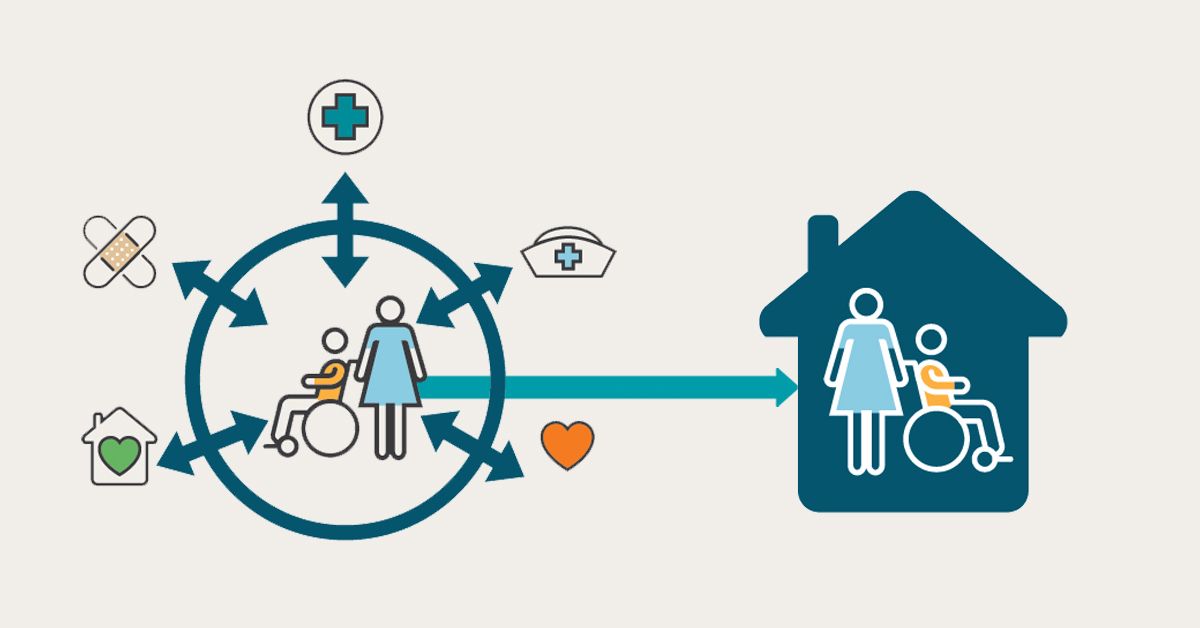

Home at Last? Recovering at Home After a Hospital Stay
Hooray! You’re about to be discharged from the hospital. You’re on the road to recovery after an illness or surgery that temporarily slowed you down, and now you’re looking forward to getting back home and back to your life. Most people prefer to recuperate at home if that’s an option. What help do they need?
Your doctor may prefer to have you recover at a skilled nursing facility or rehab center first. According to the National Institutes of Health, reasons for this might include the following:
- Your surgery is complicated.
- You do not have enough help at home.
- Because of your living condition, you need to regain your strength first so you can be stronger or more mobile before returning home.
- Sometimes infections, problems with your surgical wound, or other medical issues will prevent you from going home right away.
- Other medical problems, such as diabetes, lung problems and heart problems, have slowed down your recovery.
A skilled nursing facility or rehab facility can play a vital role in recovery for those whose health requires it. But it’s good to know that professional in-home care services also can address some of the same concerns.
Advantages That Help Seniors Recover at Home
Home health skilled nursing that follows your doctor’s care plan can guide you back to wellness in the comfort of your own surroundings. A home health registered nurse can provide skilled medical care such as wound care, monitoring vitals, and other medical care; additionally, other home health staff can assist with physical therapy. On the other hand, an in-home care agency like Right at Home can offer nonmedical services and assistance with the activities of daily living (ADLs). This includes caregivers who help with cooking, cleaning, dressing, bathing, grooming, ambulation, and transportation to follow-up medical appointments.
Receiving care at home has been proven to be as effective as—and in some instances even better than—facility-based recovery, as long as it’s done according to a patient’s discharge plan. At home, the patient will benefit from:
- Lower exposure to infections and other illnesses (especially important with the coronavirus continuing to spread).
- Lower risk of delirium, which occurs mostly among elderly hospital patients.
- The physical comfort of being in their own home.
- A sense of independence, which can contribute to mental health.
- The ease of visits by family and friends.
Even after discharge from a skilled nursing facility, subsequent in-home health care has been shown to reduce the risk of rehospitalization. A study reviewed in the Journal of the American Geriatrics Society looked at more than 67,000 older adults with heart failure who went from the hospital to a nursing home and then to health care at home. “People who received home health care had lower rates of readmission to the hospital within 30 days than those who didn’t receive home health care,” the journal reported.
“Recovery from a hospitalization can sometimes take longer than expected, and the support provided by the skilled nursing facility and then home health care may be what vulnerable patients need to get better,” said study author Himali Weerahandi, M.D.
In-Home Care Works With Elderly Patients and Their Families
Nonmedical in-home care services help aging loved ones who need more social interaction and assistance with daily activities. Oftentimes, in-home professional caregivers are the ones who first notice a change in the condition of someone recovering at home. That allows the family to be informed and the doctor notified to see if the patient needs to be seen, thereby avoiding a delay that could lead to rehospitalization.
With all of the services professional in-home care provides, family caregivers will have the peace of mind that their loved one is being well cared for. Adult children will have the leeway to focus on their own work and family commitments. Freed from the demands of full-time caregiving, spouses will be better prepared to provide emotional support and updates from outside the home so the patient continues to feel connected to their daily life.
Right at Home’s RightTransitions program makes transitioning from the hospital to home easy. Download our checklist, “10 Questions To Ask Before Your Hospital Discharge.” Use our location finder to find your local Right at Home* today and ask for a FREE in-home consultation.
*Home care services vary by location.







